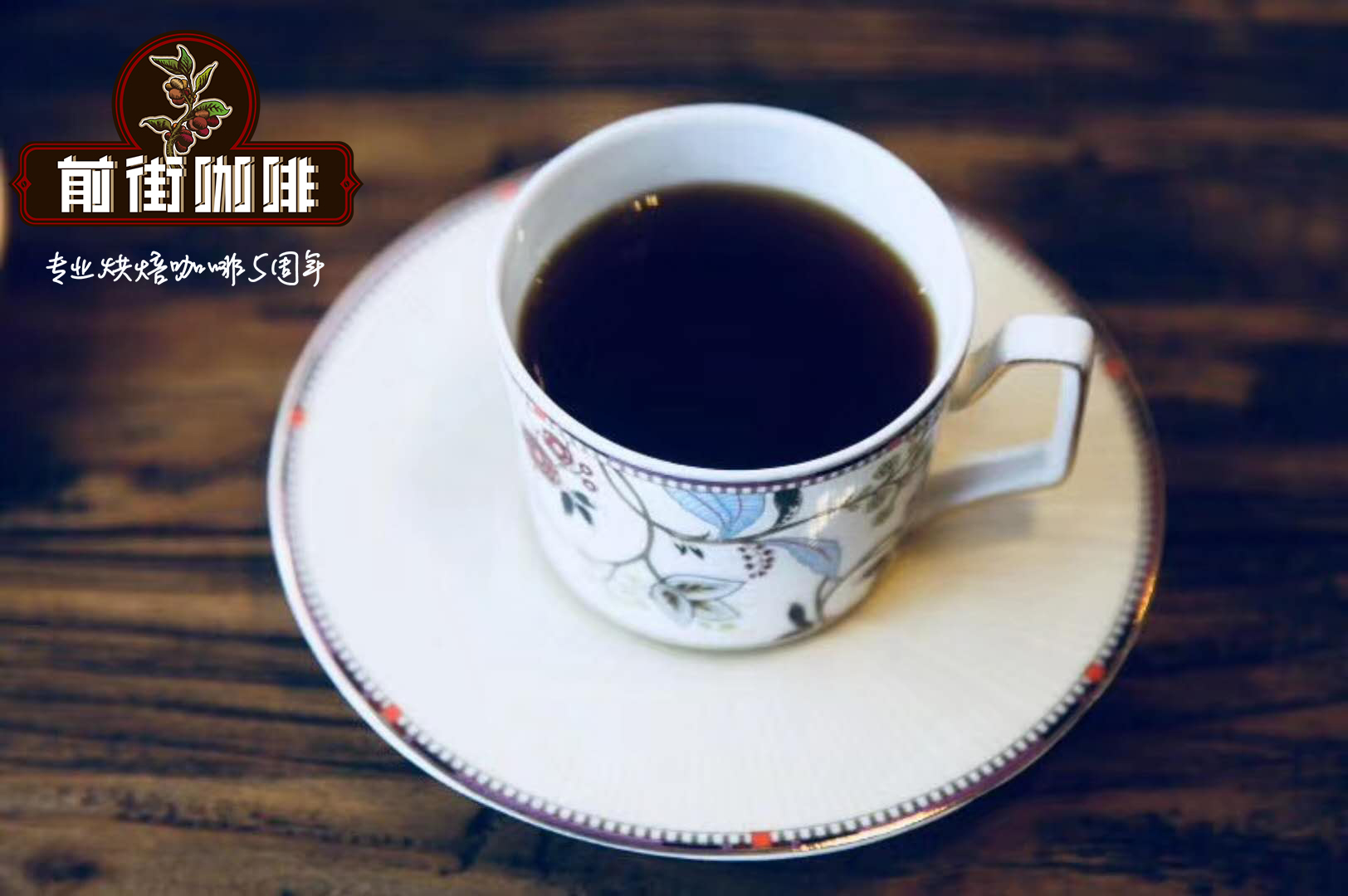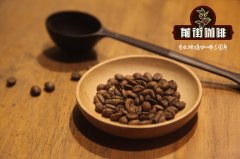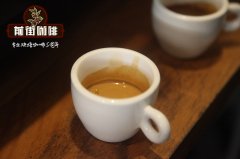Organic Certification | Karanawi production area in Bolivia | Mama Ni family small farmers cooperate to wash iron cards,

Professional coffee knowledge exchange more coffee bean information please follow the coffee workshop (Wechat official account cafe_style)
Organic certification | Karanawi production area in Bolivia | Mama Ni family small farmers cooperate to wash iron card, Kaddura flavor?
The coffee beans come from Bolivi Karanawi, a small village in San Ignacioli, where four Manni family members cooperate with each other to collect coffee cherries in a small washing plant in the village. the families plan to increase the planting area of coffee by 5 mu this year.
Bolivia is a landlocked country known as the ancient plateau, the main producing area of coffee is located in the plateau of 1200-2000 meters above sea level, the main producing areas are Caranavi Karanawi in the north and Santa Cruz Santa Cruz in the south, both of which are cultivated on small farms with an average area of 3 to 5 hectares. In 2004, through the promotion of the SCAA Coffee Competition, more and more beans with fresh and special floral fragrance opened the market. Karanawi is the core producing area of Bolivian coffee, which is cut into deep valleys by rivers over 4000 meters, forming a perfect landscape for coffee growth and creating the meticulous nature of Bolivian coffee. In 2006, the oldest "death highway" across the north, a new highway was built so that coffee could be exported quickly. The benefiting Caranavi Karanawi province occupied almost all the competition places, and foreign buyers were on the way.
Bolivia's coffee production is dominated by a smallholder production system, with 23000 small farms ranging in size from 2 to 9 hectares, and in particular, about 40 per cent of Bolivia's coffee culture is mainly sold domestically. The main varieties are Arabica, such as Iron pickup, Kaddura, Cleo, Kaduai and Kadiwen. The production season is from July to November, most of them are washed coffee beans, only some of them are sun-treated. Almost all the plants in Bolivia are planted organically.
Product name: Bolivian mother ni family small farmer
Country: Bolivia
Variety: Typica Kaddura (Caturra)
Altitude: 1500m Mui-1650m
Treatment: washing more than 16 mesh
Certification: organic certification
Reference flavor: rye, yellow plum, mellow, sweet rhyme excellent, light roasted mountain tea fragrance, cream, almonds and other stone fruit tone, after a slight drop in temperature, the acidity of red meat plum and grape-like sweetness interweave a harmonious balance, the overall taste smooth and fresh, the tail rhyme is like tea, back into the throat a little black bean Xuan rice aroma.
Qianjie recommended cooking:
Filter cup: Hario V60
Water temperature: 90 degrees
Degree of grinding: small Fuji 3.5
Cooking methods: the ratio of water to powder is 1:15, 15g powder, the first injection of 25g water, 25 s steaming, the second injection to 120g water cut off, waiting for the powder bed water to half and then water injection, slow water injection until 225g water, extraction time about 2:00
Analysis: using three-stage brewing to clarify the flavor of the front, middle and back of the coffee. Because V60 has many ribs and the drainage speed is fast, it can prolong the extraction time when the water is cut off.
Important Notice :
前街咖啡 FrontStreet Coffee has moved to new addredd:
FrontStreet Coffee Address: 315,Donghua East Road,GuangZhou
Tel:020 38364473
- Prev

Suggestion of coffee hand brewing parameters in Aguirate Manor, Costa Rica _ Aguirette Family Coffee Story
Professional coffee knowledge exchange more coffee bean information please follow the coffee workshop (Wechat official account cafe_style) Costa Rica Aguilet three brothers / Costa Rica west of the Pacific Ocean, east of the Caribbean Sea, Costa Rica means "fertile coast" in Spanish. Because Costa Rica is located in a volcanic area like Sumatra in hard Nicaea.
- Next

Introduction to Coffee Flavor characteristics of Dota production area in Tara Zhudota Manor, Costa Rica
Professional coffee knowledge exchange more coffee bean information please follow the coffee workshop (Wechat official account cafe_style) Costa Rican coffee Dota coffee production area manor introduction to the coffee farmers living in the Dota region believe that their coffee is better than other Tarazu regions for two reasons. In 1865, the Dota producing area already enjoyed the reputation of fine Costa Rican coffee. Because of the Capital pass
Related
- Detailed explanation of Jadeite planting Land in Panamanian Jadeite Manor introduction to the grading system of Jadeite competitive bidding, Red bid, Green bid and Rose Summer
- Story of Coffee planting in Brenka region of Costa Rica Stonehenge Manor anaerobic heavy honey treatment of flavor mouth
- What's on the barrel of Blue Mountain Coffee beans?
- Can American coffee also pull flowers? How to use hot American style to pull out a good-looking pattern?
- Can you make a cold extract with coffee beans? What is the right proportion for cold-extracted coffee formula?
- Indonesian PWN Gold Mandrine Coffee Origin Features Flavor How to Chong? Mandolin coffee is American.
- A brief introduction to the flavor characteristics of Brazilian yellow bourbon coffee beans
- What is the effect of different water quality on the flavor of cold-extracted coffee? What kind of water is best for brewing coffee?
- Why do you think of Rose Summer whenever you mention Panamanian coffee?
- Introduction to the characteristics of authentic blue mountain coffee bean producing areas? What is the CIB Coffee Authority in Jamaica?

